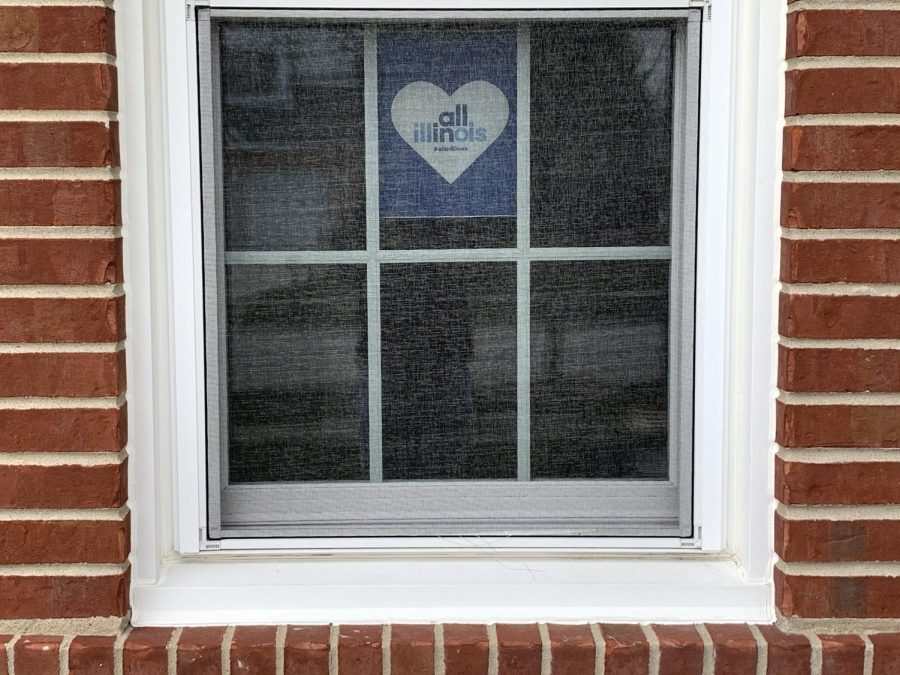Our crucial civic responsibility: Social distancing to flatten the curve
“We’re making a commitment to stay home because we’re All In for Illinois — for our neighbors and grandparents, our health care professionals and first responders, our grocery store workers and so many more. Staying in keeps us all safe,” Governor Pritzker said.
It has been just over a month since District 99 shut its doors and transferred to remote learning, after a mandate by Ill. Governor J.B. Pritzker. I spend my days sitting inside, thinking about doing schoolwork, making Kraft mac and cheese and sleeping. While it is undeniable that this is a hard and trying time, the importance of social distancing and flattening the curve is more important than ever, as we near the apex of this pandemic.
We are constantly being bombarded by doctors and CDC officials telling us to shelter in place and to practice social distancing. That’s just part of the media-driven world that we live in.
However, as a high school senior who has lost out on almost two full months of school, prom, senior grad night and likely graduation along with parts of my last summer, it was really hard for me to understand the importance of social distancing when everything first started. I didn’t understand why I couldn’t even see one friend. Then I saw a graphic from the University of Chicago.
This video makes everything explicitly clear, and as we receive new information that staying six feet apart might not be enough, social distancing is even more imperative.
UChicago Medicine strongly advises social distancing, and offered some suggestions of how to do so: working from home, visiting friends and family electronically, avoiding public transit, closing schools, canceling large or non-essential gatherings and limiting trips to retrieve essential goods (groceries).
Of course, healthcare professionals and other essential workers are not able to practice social distancing as easily as the rest of us are. However, we must act with empathy, appreciate that they’re working for the greater good and working to save us. To act with empathy, we must protect them, and we can do so by practicing social distancing to flatten the curve.
I get it, being trapped inside alone or with your evil siblings sucks. But flattening this curve through social distancing is the best hope we have for scientists and doctors to find and develop a vaccine.
Social distancing limits the amount of people we are coming in contact with, which means less people are infected, and thus there are more free beds and ventilators in hospitals. The amount of people infected is expected to exponentially surpass the materials and supplies that are available in the hospitals. We need to flatten that curve in order to save as many lives as possible and sustain hospitals.
I understand that you want to see your friends — I haven’t seen any of mine in about thirty days. But this is our civic duty.
If you go outside because you “don’t want to live in fear,” then you’re simply being selfish. We all have to make sacrifices to protect each other. In times as precarious as these, we must all think about the greater good, the big picture, and after considering that, I beg you, stay inside.
For more information regarding social distancing from UChicago, visit this link.


